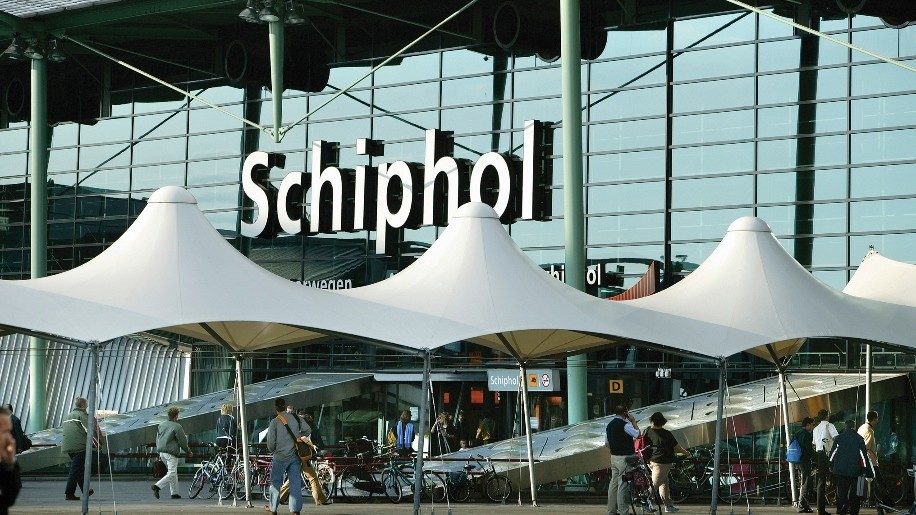
The Dutch government will cut the maximum number of flights allowed per year at Amsterdam Schiphol airport in a bid to reduce noise and air pollution.
The country’s busiest aviation hub will see a maximum limit of 440,000 flights per year according to the approved proposal. This is expected to go into effect in November 2023, and equates to a 20 per cent cut.
“Considering the public interests involved, the government has decided to prioritise tackling noise nuisance, while ensuring that the airport can continue to fulfil its economic role,” the statement reads.
This comes after Schiphol airport announced plans to limit the number of travellers departing from the airport this summer due to a shortfall of security employees.
Mark Harbers, minister of Infrastructure and Water Management, commented:
“I want to offer certainty, including about the future, to the aviation sector and those who live in the vicinity of the airport.
“This decision serves as a foundation for establishing a new balance. It’s difficult news for the aviation sector, which is still recovering from the huge impact of the COVID-19 pandemic. I am very much aware of this. We will now be fleshing out the details of our decision on the Amsterdam Schiphol Airport, together with local residents and aviation stakeholders.”
Schiphol airport released a statement in response to the news:
“Together with the airlines, we will consult with the cabinet to contribute to such a well-thought-out approach. The plans of the cabinet as presented now lead to great uncertainty and much remains unclear.
“We see that major risks are being taken with regard to the quality of the network. There is also the risk that going back to the old noise system would mean a shift in noise nuisance that would not be beneficial to the surrounding communities.”
KLM also released a statement, saying that it was “surprised” by the news and that the decision is “highly detrimental and not in line with the coalition agreement between the ruling parties”.
Willie Walsh, director general of the International Air Transport Association (IATA), also expressed his shock:
“This sudden decision is a shocking blow to aviation, jobs, and the economy of the Netherlands. It comes on top of a tripling of the passenger tax, and a 37% rise in airport charges. We are seeing a throttling of air connectivity which has been steadily built up for 100 years, and supported large parts of the Dutch economy and the aspirations of millions of Dutch travelers.”
He added:
“When governments shut down aviation in the pandemic, we all saw the terrible impact that it had on people in the Netherlands and its economy. Downsizing Schiphol will permanently destroy jobs that are only now recovering. Moreover, without the possibility to grow at Schiphol, businesses in the Netherlands will need to evaluate their future in an economy that will be moving from global gateway to regional center.”
The government also announced that it will not make a decision on the opening of Lelystad airport before the summer of 2024. It said that this is “provided that a nature permit is granted” and that the issue of “the low approach routes is resolved”.
Analysis from our consumer editor Alex McWhirter.
My personal view is that a compromise will be reached.
Schiphol is too important for the Netherlands’ economy for it to decline.
The Netherlands has a history of transport enterprises. In 1919 KLM was the first European airline to be founded as a business rather than one intended for use by government officials.
Today’s Schiphol terminal, when it opened originally in 1967, was a wonder of the aviation age.
It was designed for connectivity and to sustain the KLM business model.
So any flight restrictions will not only be felt by local travellers (as noted by IATA’s Willy Walsh) but by travellers of other nations.
KLM’s business model is built around connecting traffic involving many short-haul feeder flights.
In recent years Schiphol and KLM have encouraged customers to arrive by surface rather than air but with limited success.
Rail-air might appear to be the solution but at Schiphol it can be only a partial one as we explain here.
In fact one would argue that KLM is its own worse enemy by continuing to fly Brussels-Amsterdam a route length of just over 100 miles.












